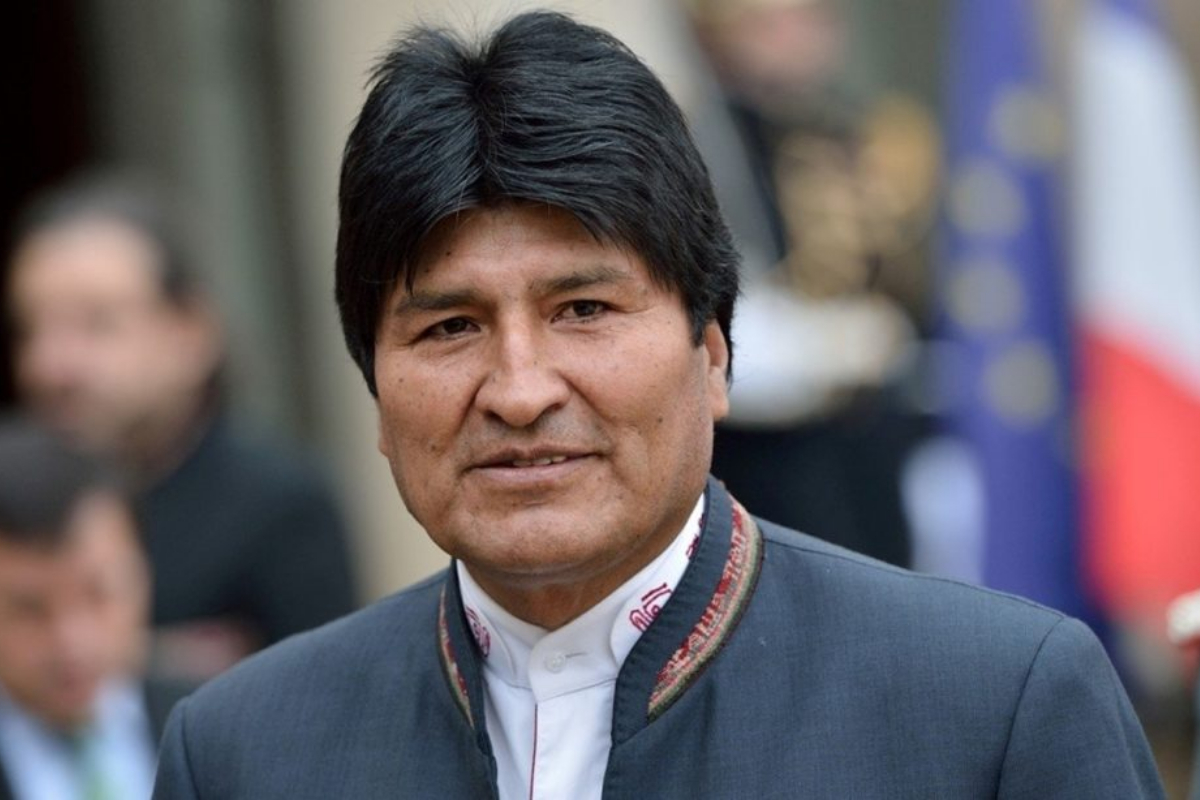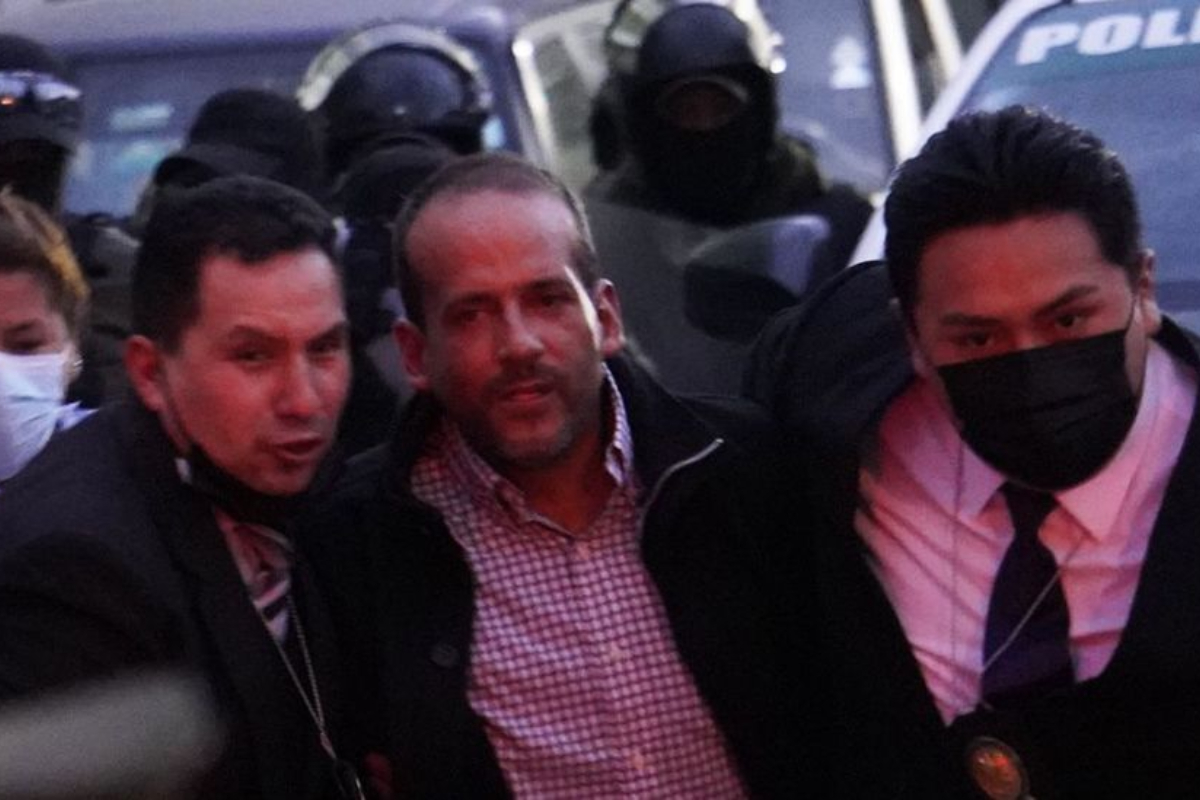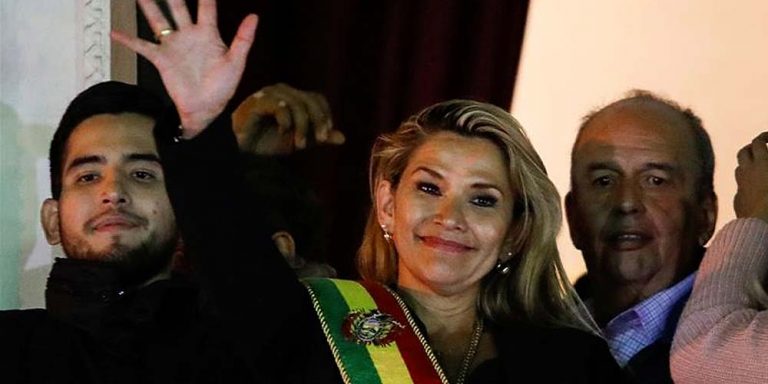Bolivia’s first indigenous president, Evo Morales, is a politician and former trade union leader who came from modest beginnings. His policies have centered on the defense of indigenous rights, the environment, and poverty. However, Morales’ presidency was also marked by controversies, including accusations of authoritarianism and ties to coca farming. With a net worth of $500,000, Morales’ impact on Bolivian politics remains significant.
Early Life of Evo Morales
Born in a small Bolivian village on October 26, 1959, Morales was raised by a poor Aymara family. Upon finishing his elementary schooling, he joined the Bolivian Army but never pursued further education. His humble background influenced his political agenda.
Cocalero Activism & Union Leadership
After relocating to the province of Chapare, Morales started growing coca and organized protests against the United States’ efforts to eradicate the crop. His perception of these campaigns as imperialist assaults on native customs led him to rise to prominence in the cocalero movement and become a powerful representative for Bolivian farmers.
Political Rise of Evo Morales
With the highest percentage of votes ever cast in a Latin American presidential election, Morales was elected president of Bolivia in 2005. His administration prioritized social reform, nationalism, and opposition to imperialism. Although Morales significantly improved the lives of indigenous people, his leadership was criticized, especially for running for a fourth term.
Controversies & Personal Life
Since he was involved in coca farming, Morales was accused of statutory rape and of instigating a narco-state. Despite these controversies, he remains a significant figure in Bolivian history, with two children, Evaliz and Álvaro.
[embedpost slug=”what-is-melissa-lucio-case-all-you-need-to-know/”]



